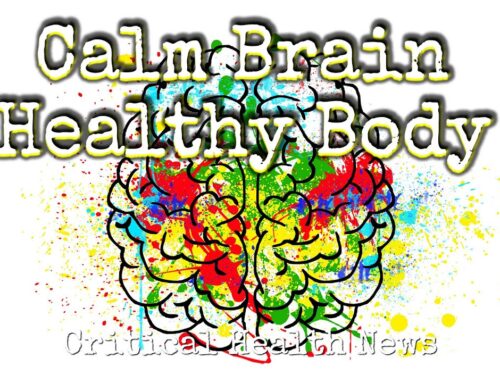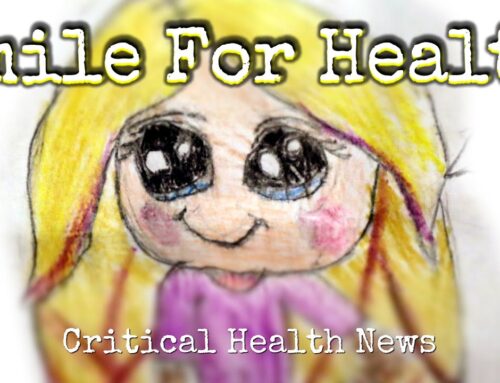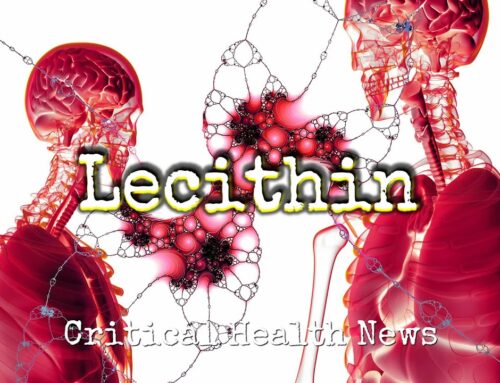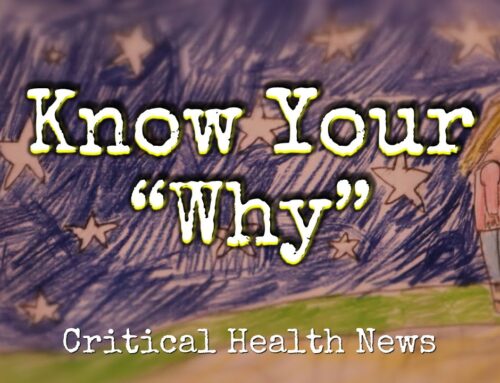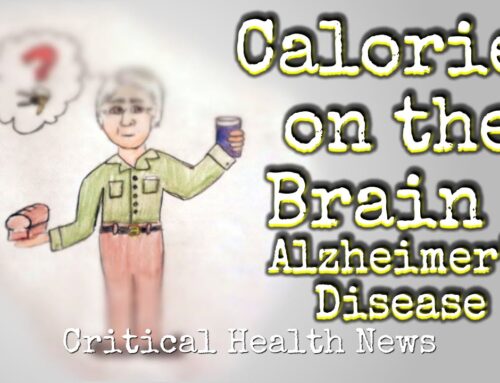Regarding the news article headline, “Commonly prescribed drugs are tied to nearly 50% higher dementia risk in older adults, study says”, Ben explains that, anyway you look at it, drugs interfere with chemistry. The human body has not evolved to cope with the stresses caused by modern pharmaceuticals.
“They call them “side effects”, but I don’t think of them as “side effects”. I think of them as “effects”. The term “side effect” implies that it is an accident of some kind. So that headline reminds me #1 that there is no way you can take a prescription drug and not have ramifications or repercussions and #2 that there is a relationship between the drugs we take and the health of our brain.”
The class of the drugs under scrutiny are called Anticholinergic drugs. “Choline is a nutrient that is found in certain foods and it has a reputation for being important for brain health, because a derivative of it, called Acetylcholine, plays a major role in how the brain works, particularly around learning. And we know that the choline or acetylcholine system are disrupted in people who have Alzheimer’s disease. So, if you take a drug that has Anticholinergic or Anti-acetylcholine effects, it makes sense that you are going to have a problem with brain health.”
Ben continues to illuminate further on the relationship between cellular health and any disease including dementia. As well as providing many practical lifestyle and nutritional recommendations for maintaining a health brain well into old age.

